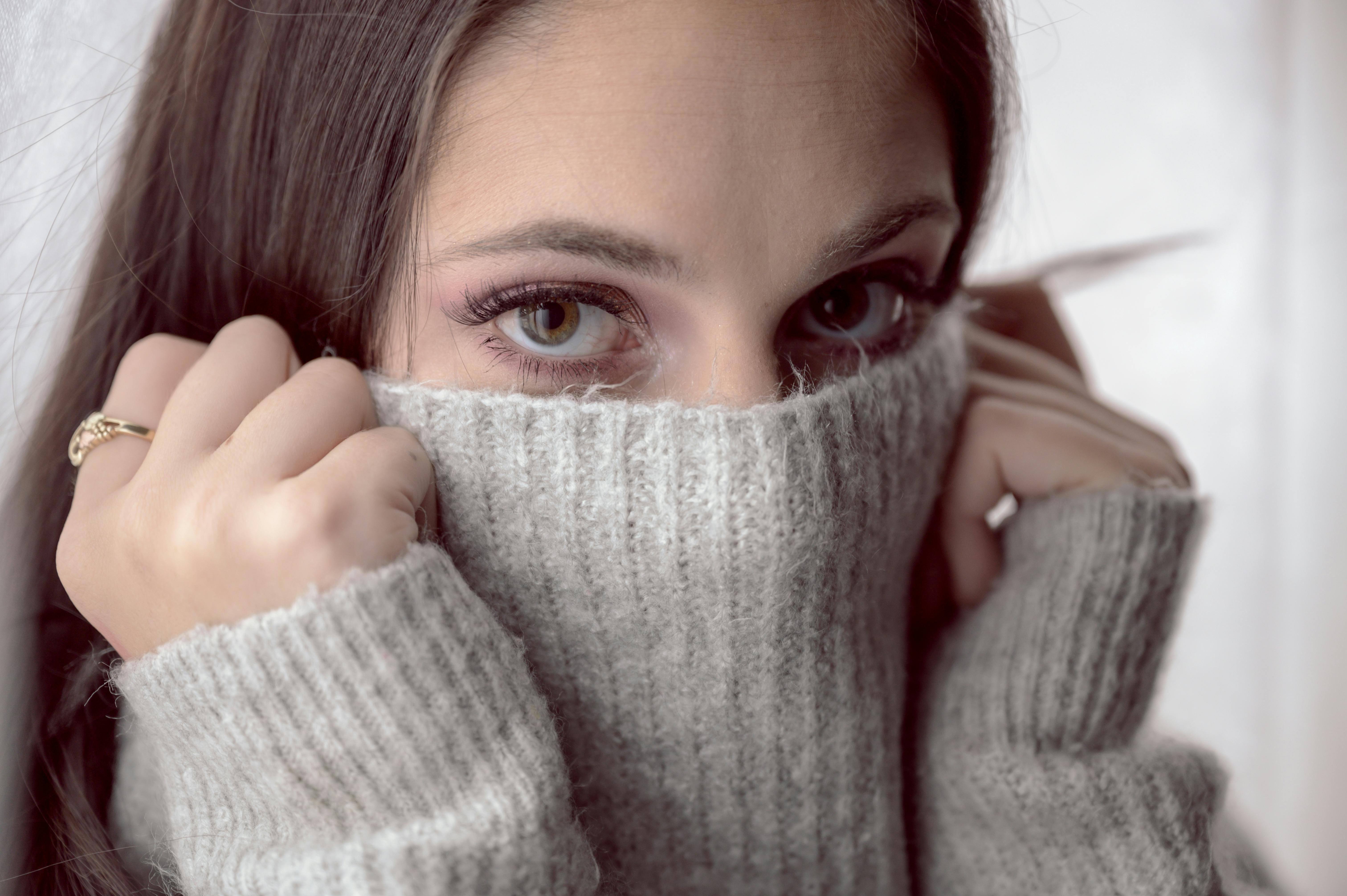As a psychiatrist who specializes in addictions, most of the people I treat for alcohol problems have underlying depression and anxiety. The key question is what came first, the chicken or the egg? In other words, is your alcoholic husband or alcoholic wife self-medicating with alcohol for their depression and anxiety, or is alcohol causing these symptoms? In most cases, your alcoholic spouse started out “self-medicating” but is now actually causing more depressive symptoms by using alcohol.
Here are 2 typical cases that illustrate the combination of alcoholism and depression:
MJ is 42 years old and has been drinking on and off for the past 25 years. Recently, she has had trouble sleeping, has lost her motivation for work, and feels no joy in almost anything. For the last year, she has been drinking around 4-5 beers every day to “chill”. She says the only “fun” feeling she gets is when she drinks with the guys after work. She fears hanging out with her wife and children at night. She wants me to prescribe an antidepressant.
TR is a housewife with 3 small children. She used to be a paralegal, but she decided to stay home to raise her children. She feels an emptiness now that she spends the day doing laundry, cleaning up the house and juggling activities for her children. She misses interacting with adults. She started drinking to temporarily lift her spirits. She now feels depressed and has been drinking more over time.
Both cases show that alcohol is used to “cope” with the stresses of life. In other words, both MJ and TR are “self-medicating, but now they feel even more depressed. Why? Alcohol is a central nervous system depressant and Causesdepression.
Take home: If your alcoholic spouse stops drinking, they may no longer feel depressed and may not need antidepressants.
What’s the scoop on alcohol and antidepressants?
Alcohol decreases the effect of antidepressants. The only way for your alcoholic spouse to fully benefit from an antidepressant is to not mix it with alcohol. Even moderate alcohol consumption (a few drinks a week) can interfere with the antidepressant response.
For example, your alcoholic husband has probably become more depressed because his alcohol problem has interfered with his job performance and his marriage. She now she has 3 things to be depressed about: alcohol dependency, job insecurity, marital stress. She probably needs antidepressants to feel less depressed and to have the strength to participate in her alcoholic recovery.
Here’s the take-home message: Whatever the reason your alcoholic spouse is depressed, depression cannot be treated effectively with antidepressants if they continue to drink alcohol. Alcoholism and depression is a bad combination. Both are serious illnesses and need to be addressed. From the point of view of psychiatrists, alcohol is the number one problem and depression is the second.
If someone with depression and an alcohol problem responds to an antidepressant, it’s a “home run” because they can be a more active participant in all areas of their life and have a better chance of maintaining their sobriety.



